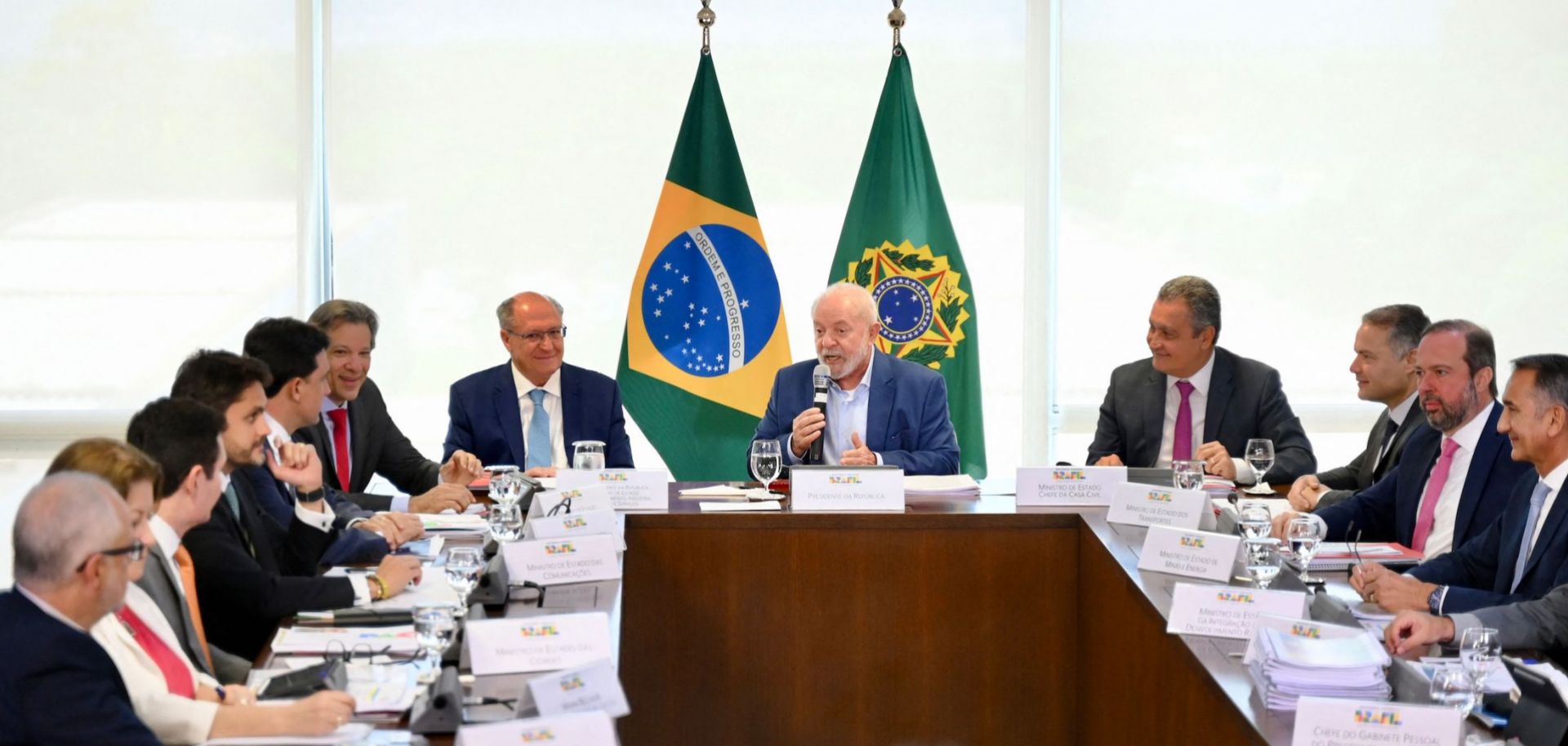After years of economic stagnation and heightened political uncertainty, Brazil will find itself on a more stable and predictable economic path in the next few years; however, the country's medium-term economic growth will remain modest despite government efforts to accelerate it, including by developing the country's abundant offshore oil reserves. Over the past decade, Brazil's economy has largely stagnated. Starting in 2014, a major corruption scandal coincided with the end of a decades-long commodity boom, which weighed on investment and economic growth. This was followed by the COVID-19 pandemic, which caused a sharp recession. In economic terms, the 2014-2024 period differed sharply from Brazilian President Luiz Inacio Lula da Silva's first term (2003-2010), which was characterized by solid economic growth and increased macroeconomic stability in the context of increasing commodity prices and stability-oriented macroeconomic policies....

